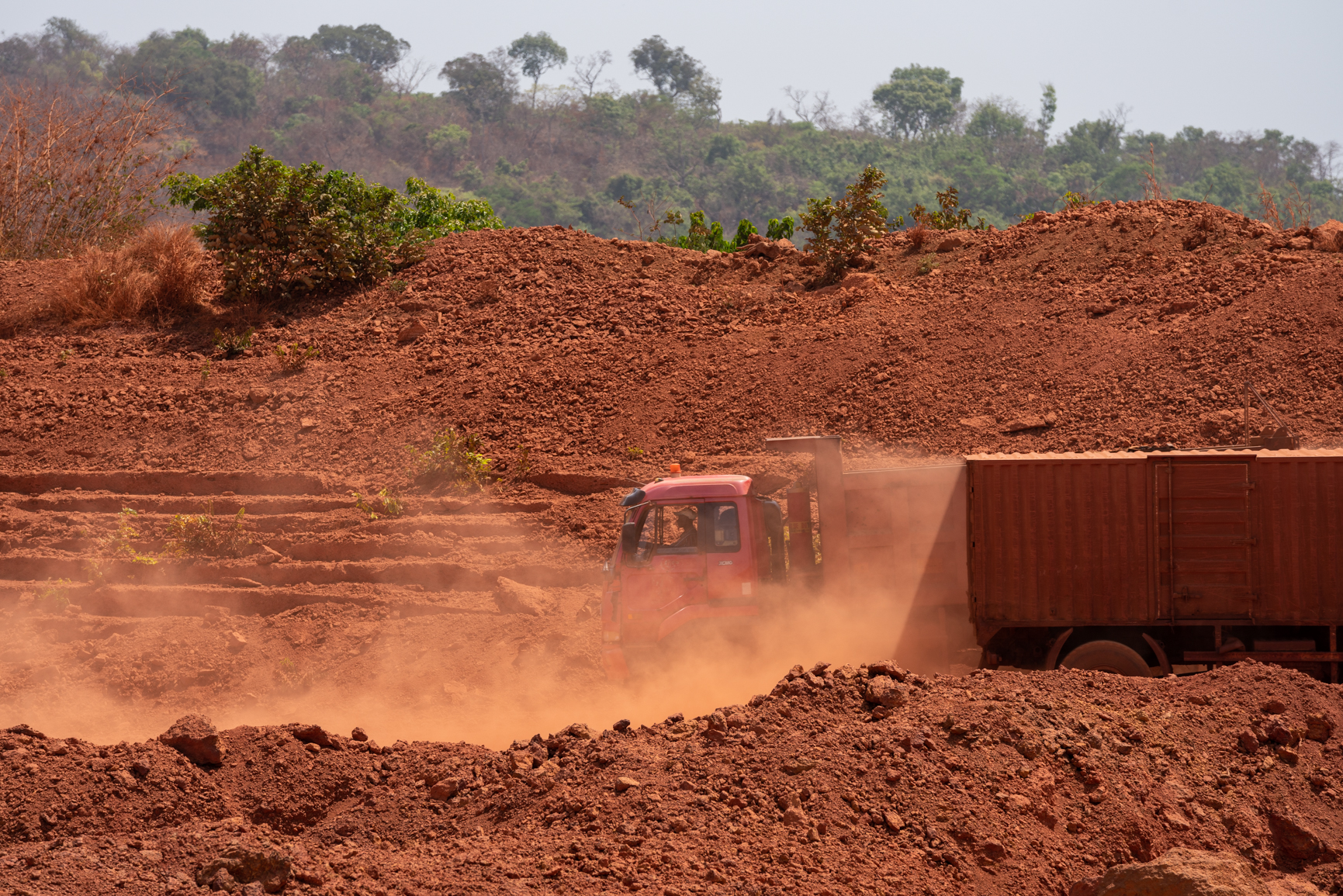Ahead of the World Bank Spring meetings in Washington DC, a coalition of 40 civil society organizations, some of whom are in mineral-rich countries and work with mining affected communities, has written to Ajay Banga calling on the World Bank Group (WBG) to take extreme caution as it looks to extend its investments in transition mineral mining and processing. As the demand for minerals rises, so does the requirement for greater due diligence for social and environmental protection. It is essential to uphold human rights, including Indigenous Peoples’ rights, protect the environment and to treat communities at the center of mineral projects.
In the letter, we propose policies and processes that the World Bank can adopt to avoid or minimize impacts in the future, as well as best practice approaches.
We recommend that the WBG should:
- Recognize the need to minimize mineral demand through the full mineral and technology life cycles.
Technological choices should look to minimize mineral consumption, choose the least impactful mineral sources, and maximize equipment lifespans. Technologies should be manufactured for easy recycling, with investment in environmentally safe recycling facilities. Energy planning must prioritize efficiency and demand management, and penalize wasteful energy use and excessive technology expansion. We recommend that the WBG adopt a coherent approach to minimizing mineral demand across all sector policies. - Put national green industrial strategy and just transition at the center of investments, rather than investing in export driven expansionism.
Mineral-rich countries should be supported to integrate their mineral sectors into a national green industrial strategy, including a just transition plan that is fair and inclusive to everyone concerned, creating decent work opportunities and leaving no one behind. Countries should be supported to develop their own refining and processing industries and renewable technology capabilities, in a way that protects and enhances workers rights and environmental and social protections. In this way countries can capture the most value from the mineral value-chain as possible, and maintain control of resources locally. This approach would require the majority of the support for transition minerals to be delivered through the public arm of the WBG, and not the IFC or MIGA. - In consultation with civil society and Indigenous Peoples the WBG should commit to enhanced due diligence in mining practices.
Following the lead of financial institutions in Europe, we call on the World Bank to ensure it enforces enhanced due diligence practices for all direct investments and those through financial intermediaries, which are applicable along the full mineral supply chain. This should include enhanced environmental and social due diligence, and best practice accountability for human rights, including requiring Free, Prior, and Informed Consent (FPIC) of Indigenous Peoples, with its in principle application for other land-based communities. - The World Bank and IFC’s accountability, safeguarding and remedy systems need to be robustly applied to all mining of transition minerals, including through financial intermediaries.
Given the extractive and damaging nature of mineral mining, it will be essential to always categorize transition mineral projects (mining, processing and technical assistance) as category A high risk projects. The forthcoming IFC Performance Standards Review presents an opportunity to re-enforce the commitment of the IFC to meet best practice, including in transition mineral operations. PS1 which requires community consultation, PS5 relating to land and resettlement, PS6 on forests and biodiversity, and PS7 on protecting the rights of Indigenous Peoples will be critical to ensure the protection of people and planet in mineral mining and processing projects. Past experience of mining operations has shown that other performance standards, such as on water and air pollution, and health impacts will also require particular attention at all mining operations.
Signatory organizations:
- Recourse
- London Mining Network
- Fundación Ambiente y Recursos Naturales (FARN)
- Center for International Environmental Law (CIEL)
- AbibiNsroma Foundation
- Bank Climate Advocates (BCA)
- Oil Change International (OCI)
- MenaFem Movement for Economic,Development and Ecological Justice
- Centre for Research on Multinational Corporations (SOMO)
- Malach Consulting
- MiningWatch Canada
- African Coalition on Green Growth
- Emmaus International
- Southern Africa Climate Change Coalition
- Centre for Climatology and Applied Research
- Zimbabwe Climate Change Coalition
- Society for Threatened Peoples Switzerland
- Publish What You Pay (PWYP)
- Pacific Asia Resource Center (PARC)
- Trend Asia
- Earthworks
- Global Justice Now
- re•generation
- Inclusive Development International (IDI)
- Green Environmental Hearts Movement
- 11.11.11
- Fossil Free South Africa
- Stamp Out Poverty
- CliMates France
- Indus Consortium for Humanitarian, Enviormental and Development Initiative
- Friends of the Earth US
- SIRGE Coalition
- Climate Generation
- Scottish Catholic International Aid Fund (SCIAF)
- African Climate Reality Project
- CATAPA
- Instituto Clima de Eleição
- Jubilee Australia Research Centre
- Wetlands International Europe
- Batani Foundation


